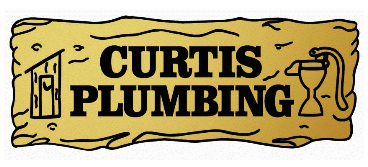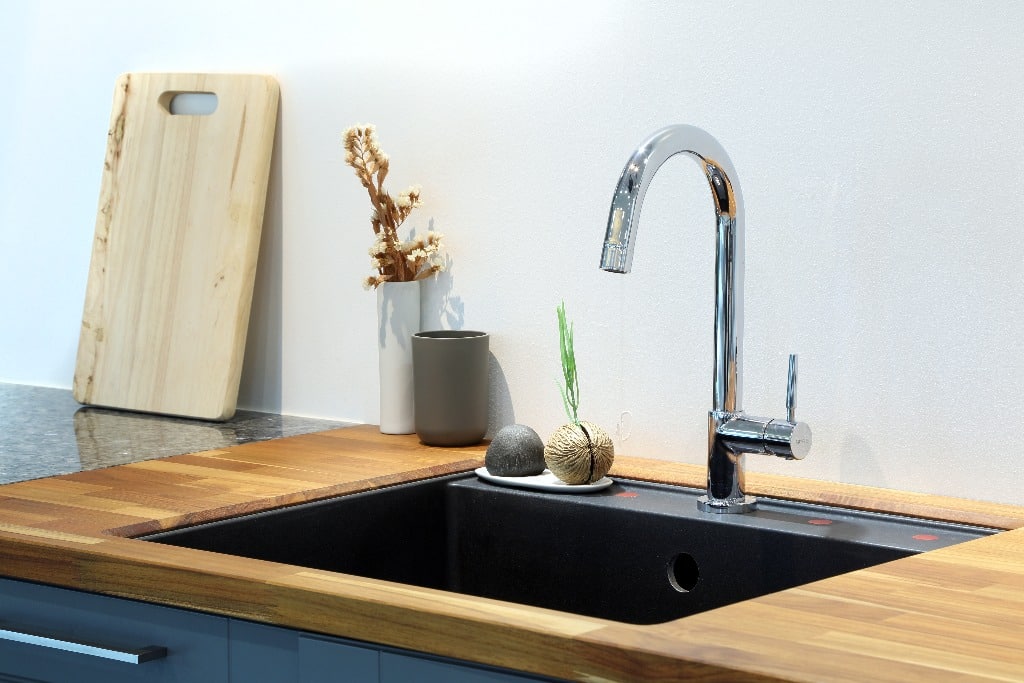A well-functioning kitchen plumbing system is fundamental to the smooth operation of any household. It’s not just about convenience; it’s about maintaining a healthy and hygienic environment where families gather, meals are prepared, and daily routines are carried out. The kitchen, often referred to as the heart of the home, relies heavily on efficient plumbing to manage water supply and waste disposal effectively.
Efficient plumbing ensures that clean water is readily available for cooking, cleaning, and drinking. It also plays a crucial role in the proper functioning of essential appliances like dishwashers and garbage disposals. Moreover, a well-maintained plumbing system helps prevent problems such as clogs, leaks, and backups, which can lead to water damage, mold growth, and other health hazards. These issues, if left unaddressed, can become not only inconvenient but also costly to repair.
Furthermore, in areas like Tucson, where water conservation is vital, a leak-free and efficient plumbing system contributes significantly to reducing water wastage. This is not only environmentally responsible but also economical in terms of utility costs.
In summary, the importance of a well-functioning kitchen plumbing system cannot be overstated. It is integral to the daily operations of a home, contributing to the overall comfort, hygiene, and efficiency of the living space. Regular maintenance and prompt repairs, when necessary, are key to ensuring this system remains reliable and effective.
Section 1: Clogged Kitchen Drains
Clogged kitchen drains are among the most common and troublesome issues faced in households. These clogs typically occur due to the accumulation of various substances that go down the drain. Grease and oils, often washed off from cookware and plates, are primary culprits. Over time, they solidify inside the pipes, creating blockages. Food particles, especially those that expand in water like rice and pasta, contribute significantly to clogs. Additionally, soap scum and mineral buildup from hard water can narrow the pipes, exacerbating the problem.
Prevention Tips and DIY Solutions:
- Mindful Disposal: Be cautious about what goes down the drain. Avoid pouring grease, oil, and food scraps into the sink. Use a strainer to catch solid particles.
- Regular Flushing: Routinely flush your drain with hot water to help dissolve and clear away early-stage buildup.
- Natural Cleaners: For minor clogs, use a mixture of baking soda and vinegar followed by hot water. This natural solution can help break down organic materials without damaging pipes.
- Plunger Use: A plunger can be effective for dislodging clogs. Ensure a good seal and use vigorous plunging motions to create pressure.
When to Call a Professional:
While DIY methods can be effective for minor clogs, more significant blockages require professional intervention. If you notice persistent slow draining, bad odors, or if DIY solutions fail, it’s time to call Curtis Plumbing. Their expertise ensures that the problem is not only effectively resolved but also that your plumbing system is checked for any underlying issues. Professional plumbers have the tools and knowledge to safely and efficiently clear clogs without damaging your pipes, saving you time and potential future costs.
Section 2: Leaky Faucets and Pipes
Leaky faucets and pipes in the kitchen are not just a nuisance; they are indicators of underlying issues in your plumbing system that need attention. Understanding the causes and impacts of these leaks is crucial for maintaining a healthy and efficient kitchen.
Causes of Leaky Faucets and Pipes:
- Worn-Out Washers and Seals: Over time, the washers and seals in faucets can become worn or damaged, leading to drips and leaks. This is particularly common in areas with hard water, like Tucson, where mineral buildup can accelerate wear.
- High Water Pressure: Excessively high water pressure can strain pipes and fixtures, leading to leaks.
- Corrosion: Pipes, especially older ones, can corrode over time, resulting in leaks.
- Loose Connections: Daily use and vibrations can loosen connections in your plumbing, causing leaks.
Impact of Leaks
Leaky faucets and pipes can significantly impact your water bills, as even small drips add up to a substantial amount of wasted water over time. More importantly, unchecked leaks can lead to water damage, promoting mold growth and potentially damaging cabinets, floors, and walls.
Section 3: Garbage Disposal Problems
Garbage disposals are a convenient kitchen feature, but they can also be a source of frustration when problems arise. Understanding common issues and how to properly maintain your disposal can help keep it running smoothly.
Common Garbage Disposal Issues:
- Jams: Often caused by attempting to grind inappropriate items such as bones, fibrous vegetables, or coffee grounds.
- Clogs: Occur when food waste builds up in the pipes, often due to insufficient water flow during and after use.
- Failure to Turn On: This can be due to electrical issues, such as a tripped breaker or a problem with the disposal’s motor.
Safe Practices for Garbage Disposal Use and Maintenance:
- Mind What You Grind: Avoid putting hard, fibrous, or expandable food items down the disposal.
- Run Cold Water: Always use cold water when operating the disposal, as it helps solidify fats and oils for better grinding and prevents overheating.
- Regular Cleaning: Clean your disposal regularly with a mixture of dish soap and cold water. Avoid harsh chemicals that can damage the disposal and pipes.
- Clearing Jams: If your disposal is jammed, turn it off and unplug it. Use a disposal wrench or a broom handle to gently rotate the blades and dislodge the jam.
Conclusion: Ensuring a Healthy Kitchen Plumbing System
In summary, maintaining a healthy kitchen plumbing system is crucial for the overall functionality and hygiene of your home. This article has highlighted key areas of concern, including clogged drains, leaky faucets and pipes, and garbage disposal issues. Each of these common problems, if not addressed, can lead to larger, more costly issues down the line.
Regular maintenance is essential in preventing these problems. Simple practices like being mindful of what goes down your drain, regularly checking for leaks, and properly using and maintaining your garbage disposal can make a significant difference. However, when faced with more complex issues, timely professional repairs are crucial. Attempting to fix serious plumbing problems without the necessary expertise can often exacerbate the issue.
For any kitchen plumbing needs, Curtis Plumbing stands ready to assist. With their extensive experience and commitment to quality service, they are well-equipped to handle any plumbing challenge, big or small. Whether you need routine maintenance, emergency repairs, or professional advice, Curtis Plumbing’s team of experts is just a call away. They offer comprehensive consultations and services, ensuring that your kitchen plumbing system remains in top condition. Don’t hesitate to reach out to Curtis Plumbing for reliable, efficient, and expert plumbing solutions.


